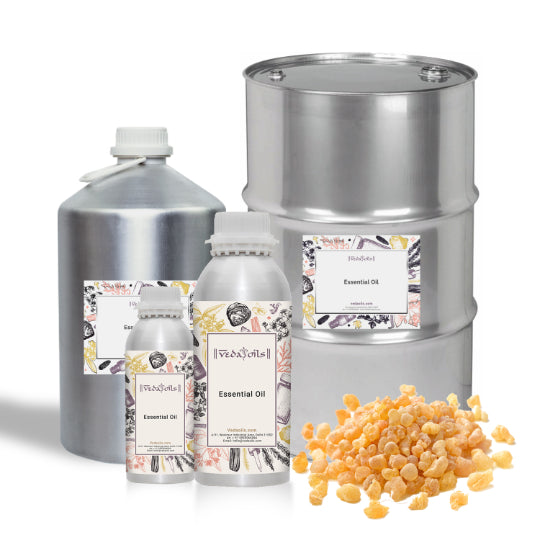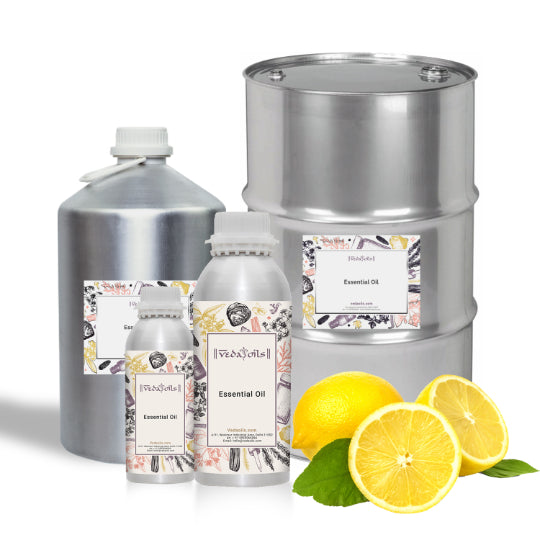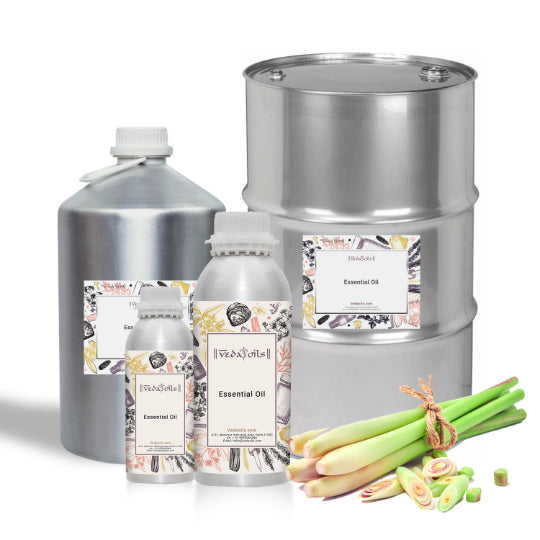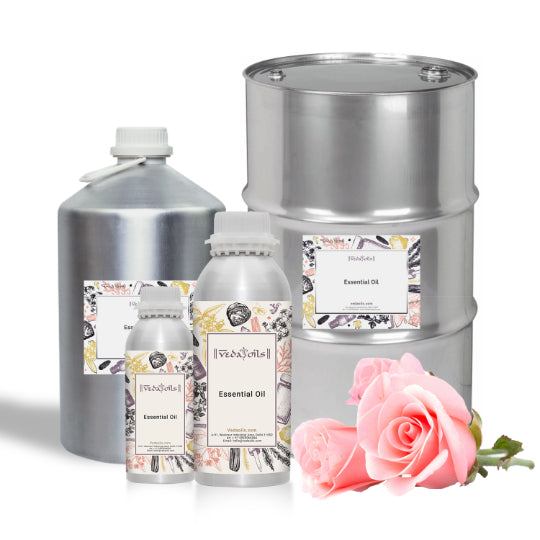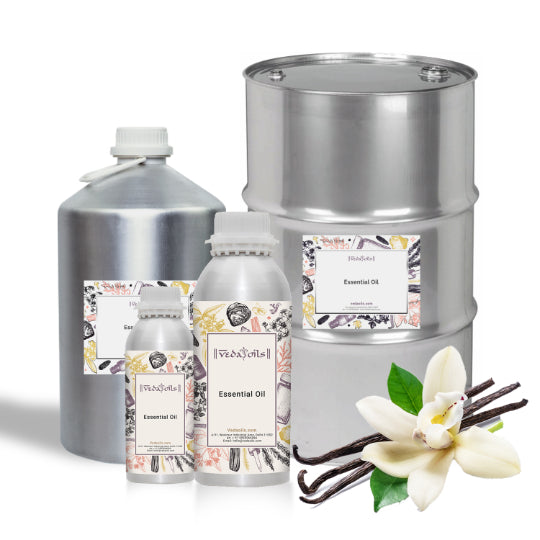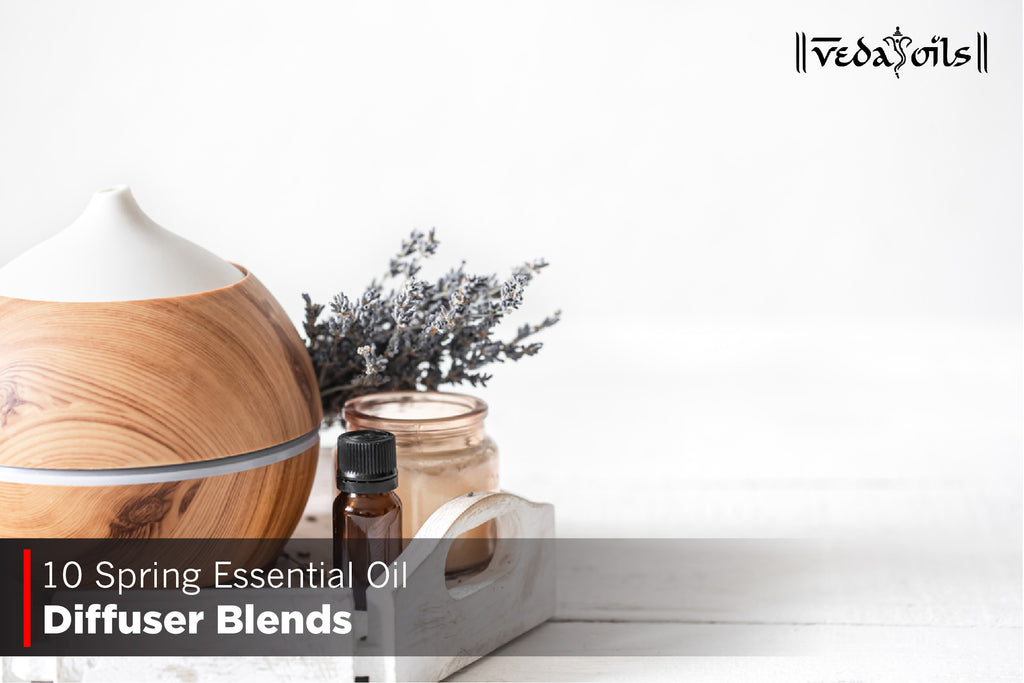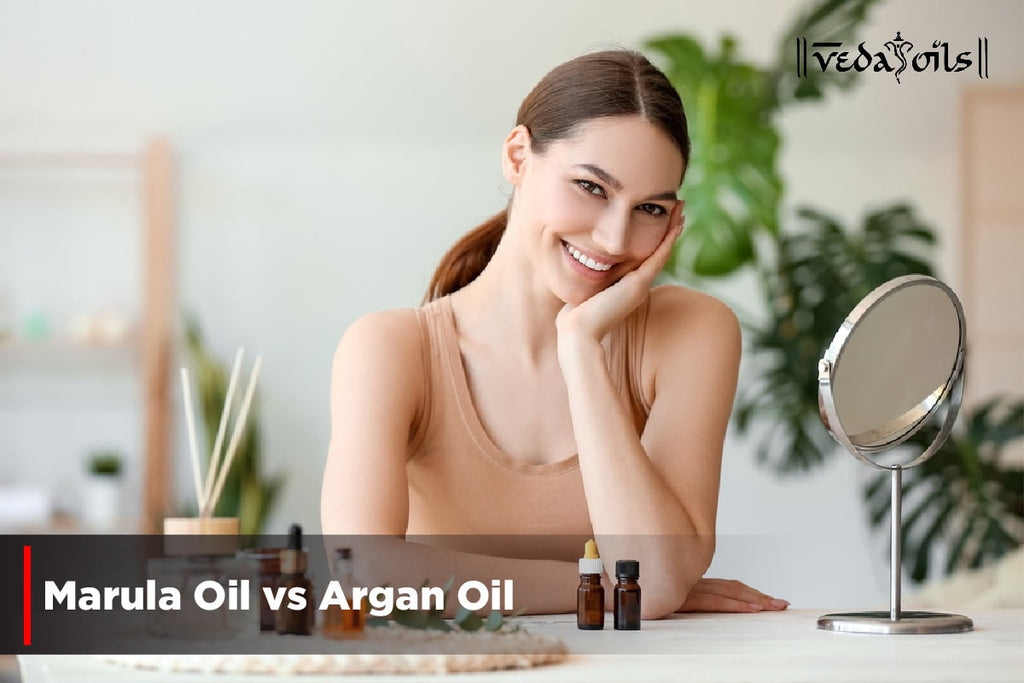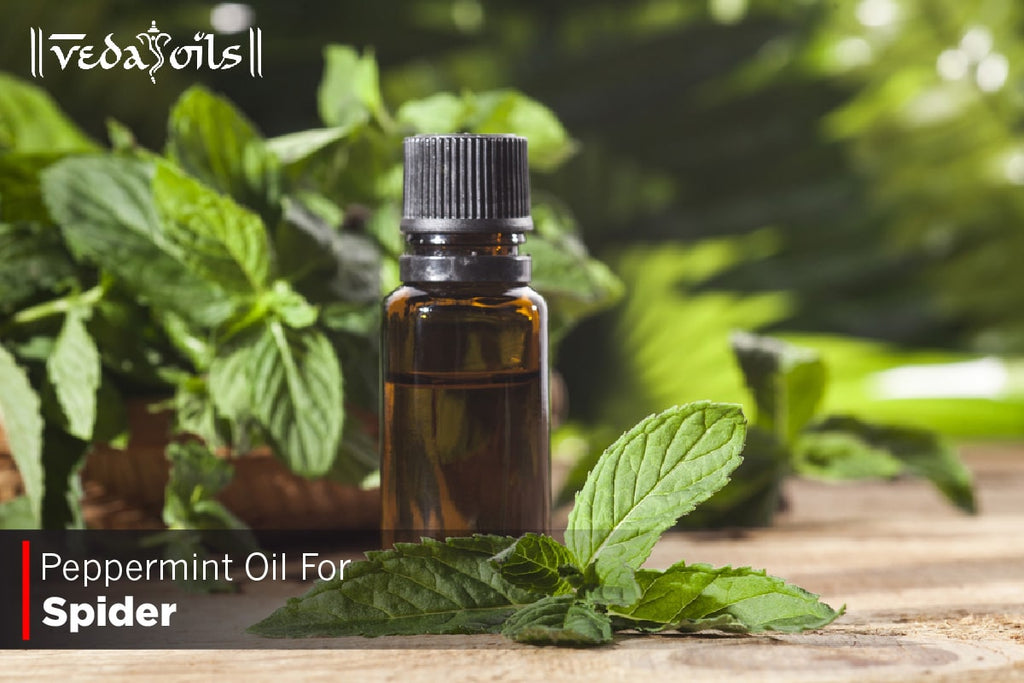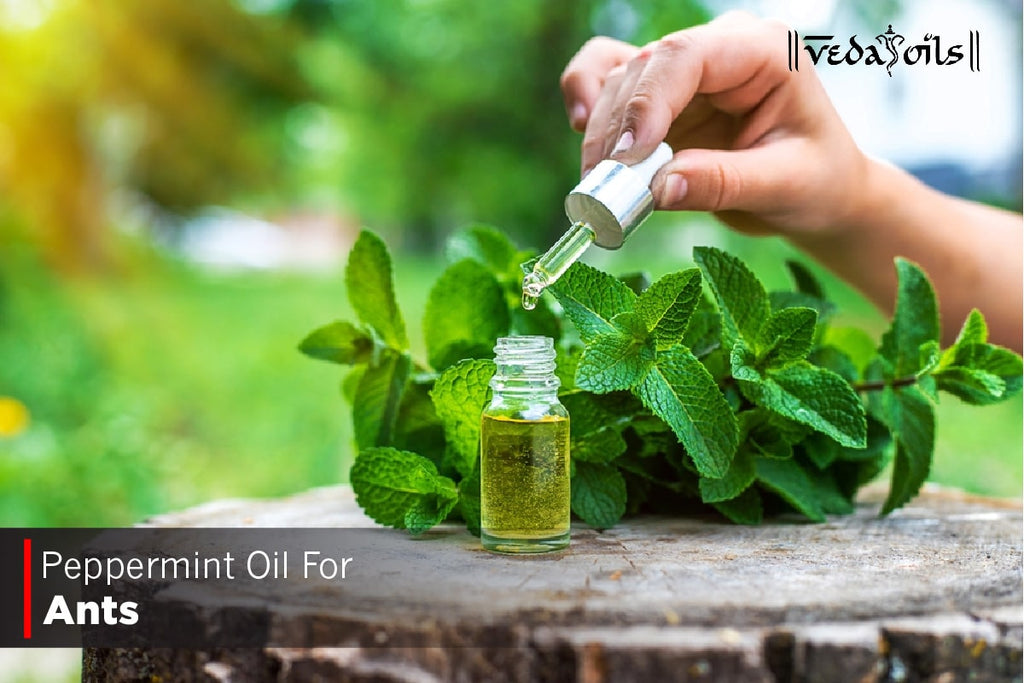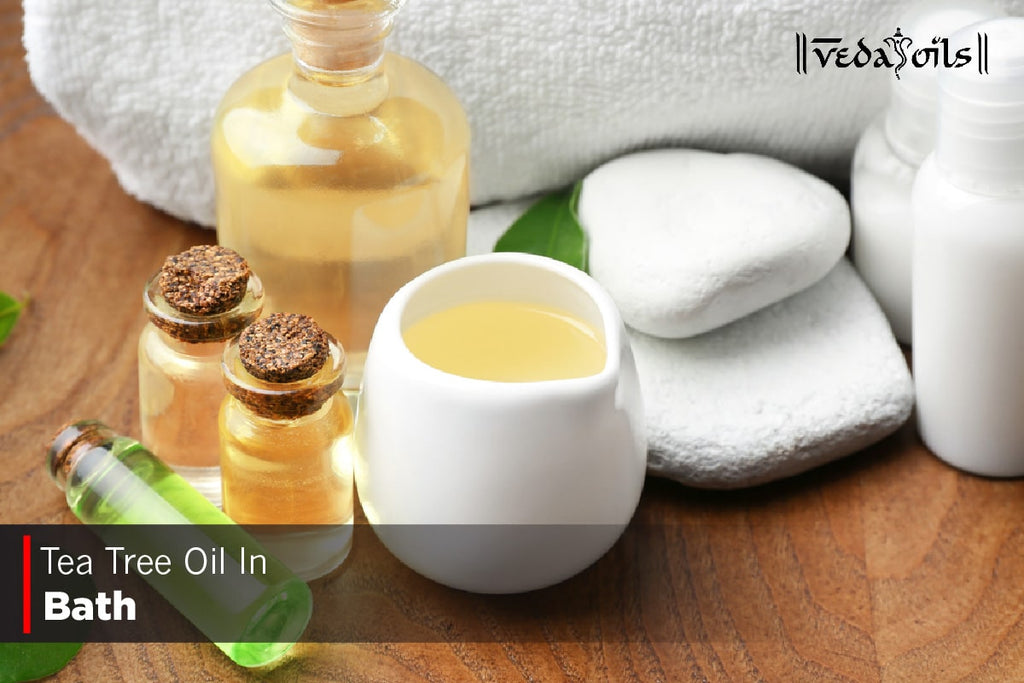Essential oils are highly concentrated liquids derived from plants that have been used for various purposes for centuries. These oils are known for their natural therapeutic properties and are used in aromatherapy, skincare, and other wellness practices. However, proper storage is crucial to ensure that these oils retain their natural potency and effectiveness.

So, today we will explore the importance of essential oils storage and provide you with specific storage tips that can help you extend the shelf life of your essential oils. In addition, we will also discuss the best storage containers, storage locations, and environmental factors that affect the quality of your essential oils. So, let’s dive in.
Different Ways To Store Essential Oils?
- Glass Bottles: Glass bottles are the most popular and widely used containers for storing essential oils. They are non-reactive, do not leach harmful chemicals, and, most importantly, resist light and heat. Especially when we talk of dark-colored glass bottles, they are the best for essential oils as they protect the oils from light exposure and maintain their potency.
- Aluminum Containers: Aluminum containers are another option for storing your essential oils. They are lightweight and durable and protect the oils from light and heat. However, aluminum is a reactive metal and can interact with oils. This could lead to changes in the chemical composition of the essential oil. Therefore, using high-quality and coated aluminum containers for storing essential oils is essential.

- Metal or Stainless-Steel Containers: Metal or stainless steel containers are also used to store essential oils. They are sturdy and protect the oils from light and heat. However, like aluminum, different metal containers can also react and interact with the oils, which can change their chemical composition. Hence, it is essential to use high-quality and non-reactive metal containers.
- Plastic Containers: Plastic containers should be avoided when storing essential oils as they are reactive and can leach harmful chemicals into the oils. They are also not resistant to light and heat, which can cause the oils to deteriorate quickly. If you must use plastic containers, ensure they are made of high-density polyethylene (HDPE), which is non-reactive and can withstand the corrosive effects of essential oils.
Do Essential Oils Expire?
Essential oils do indeed lose their potency over time. They are natural and do not include any preservatives, yet they can still degrade with time. The kind, quality, and storage methods of essential oils affect how long they last.

While some essential oils, including citrus oils, have a shorter storage life of roughly one to two years, most essential oils have a two to three-year shelf life. Essential oils' chemical constituents can degrade over time due to exposure to light, heat, and air, which causes them to lose some of their strength and usefulness. You need to know the right storage tips to maximize your essential oil's life.
Best Storage Tips For Essential Oils – Extend Shelf Life
To extend essential oils' shelf life, it's crucial to understand the key storage tips for essential oils. To make it easy for you, we have compiled a list of the best storage tips for essential oils that can help you extend the shelf life of your essential oils.
- Select the Right Bottle: Choosing the right bottle is imperative for storing essential oils. Glass bottles are preferred the most as they are non-reactive, resist light and heat, and protect the oil’s potency. Dark-colored glass bottles such as amber or cobalt blue are ideal as they block UV rays that can damage the oil.
- Airtight Caps or Bottles: Essential oils should be stored in airtight containers to prevent air and moisture from getting in. Oxygen and moisture can cause oxidation and deterioration of the oils, reducing their effectiveness.
- Stored Oils Out of Direct Sunlight: Direct sunlight can cause essential oils to deteriorate quickly. Therefore, storing them in a cool, dark place away from the windows and direct sunlight is best. In addition to that, the storage area should also be well-ventilated.

- Wooden Storage Boxes: Wooden storage boxes are an excellent option for storing essential oils as they provide a dark, cool, and dry environment. They also protect the oils from light and heat. However, ensure the untreated wood does not react with the oils.
- Store It In Refrigerators: Storing essential oils in the refrigerator can significantly extend their shelf life. The cold temperature can slow the oxidation process, preserving the oils' potency and effectiveness. However, ensure that the oils are well-sealed in airtight containers to prevent moisture and odors from affecting them.
- Label For Its Purity & Cool & Dark Place: It is crucial to label essential oil bottles with the name, purity, and date of purchase. This information helps you keep track of the oils and ensure that you use them before they expire. Also, labeling the storage location, such as a cool and dark place, can help remind you of the ideal storage conditions.
Conclusion
In conclusion, proper storage of essential oils is very important to maintain their potency and effectiveness. We have mentioned all the best storage tips and ideas for you. By following these tips, essential oil users can extend their oil life and ensure they remain safe and effective. It is also important to regularly inspect the oils for any signs of deterioration and dispose of any expired or contaminated oils properly.


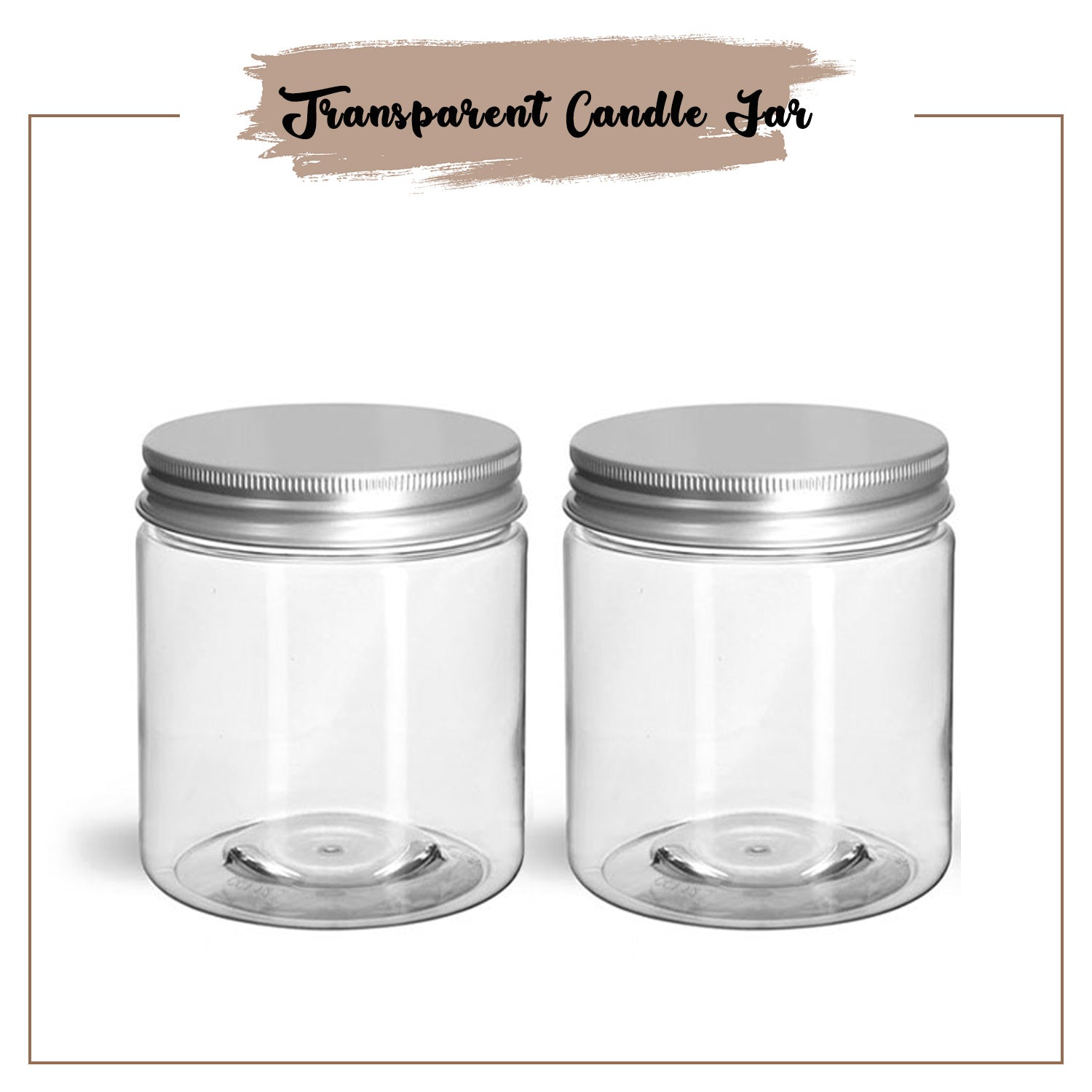

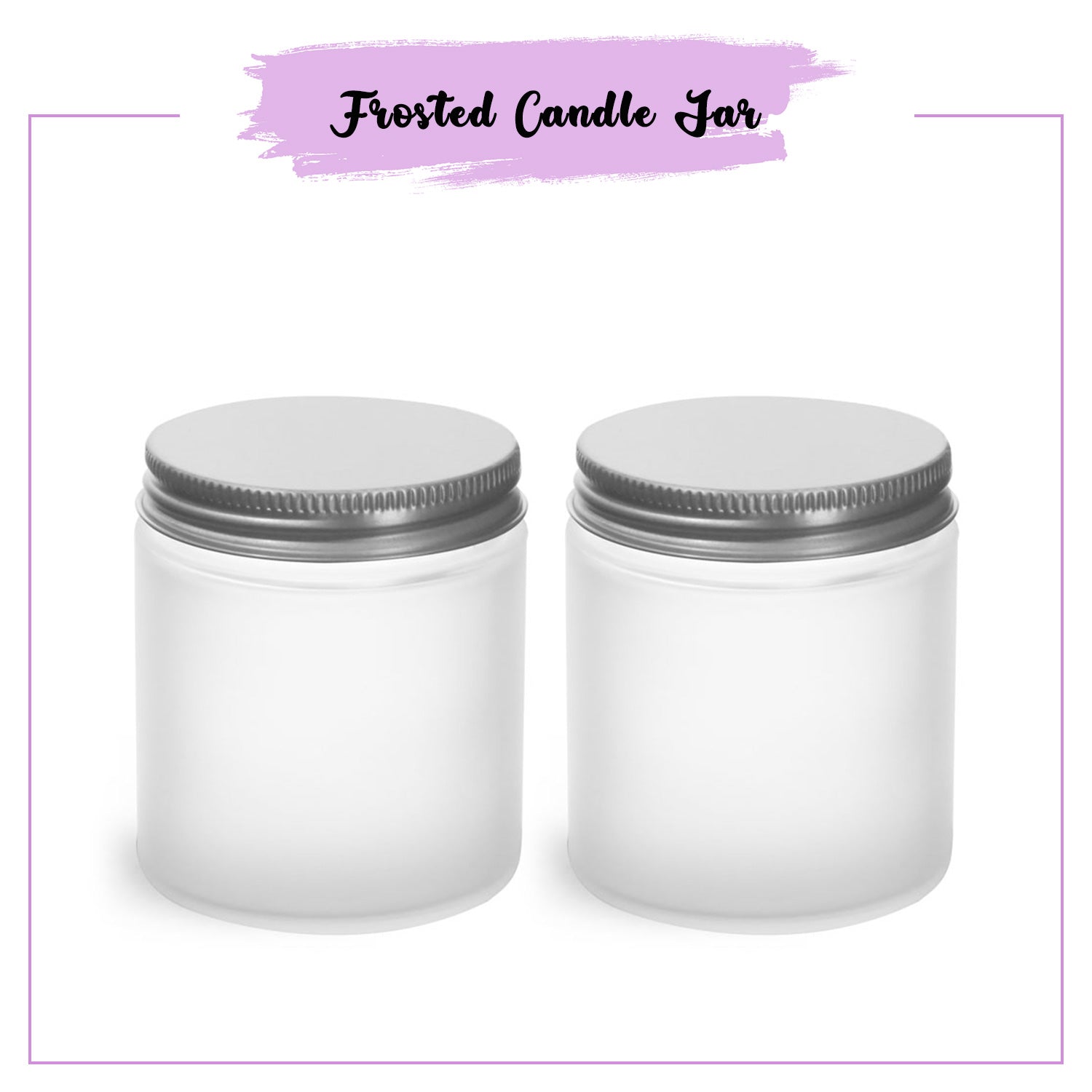

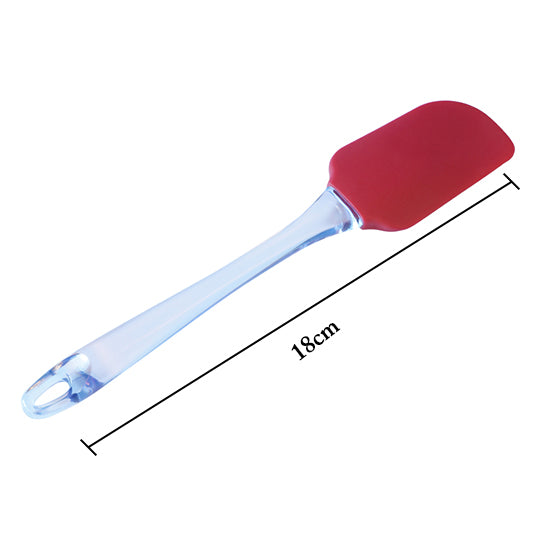

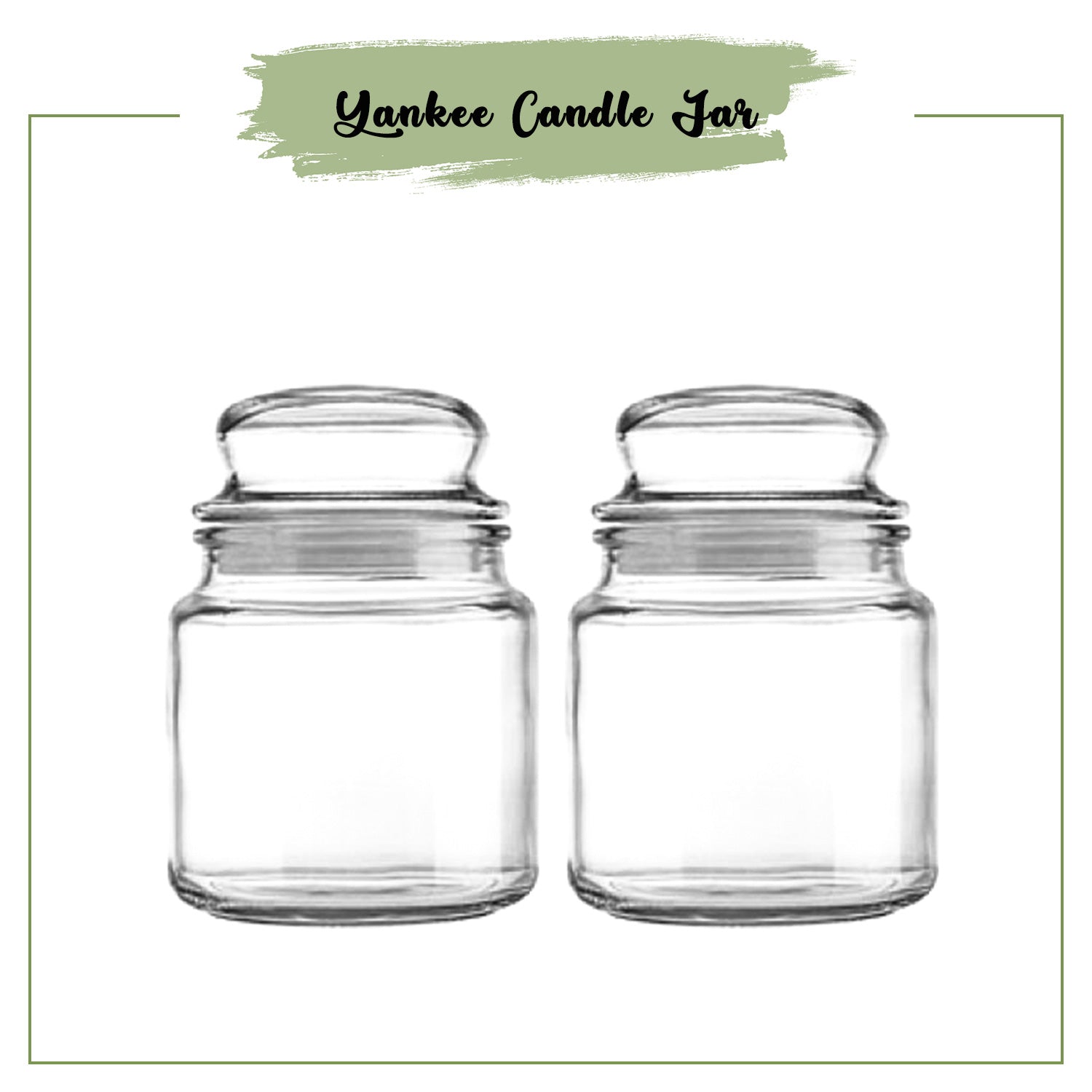

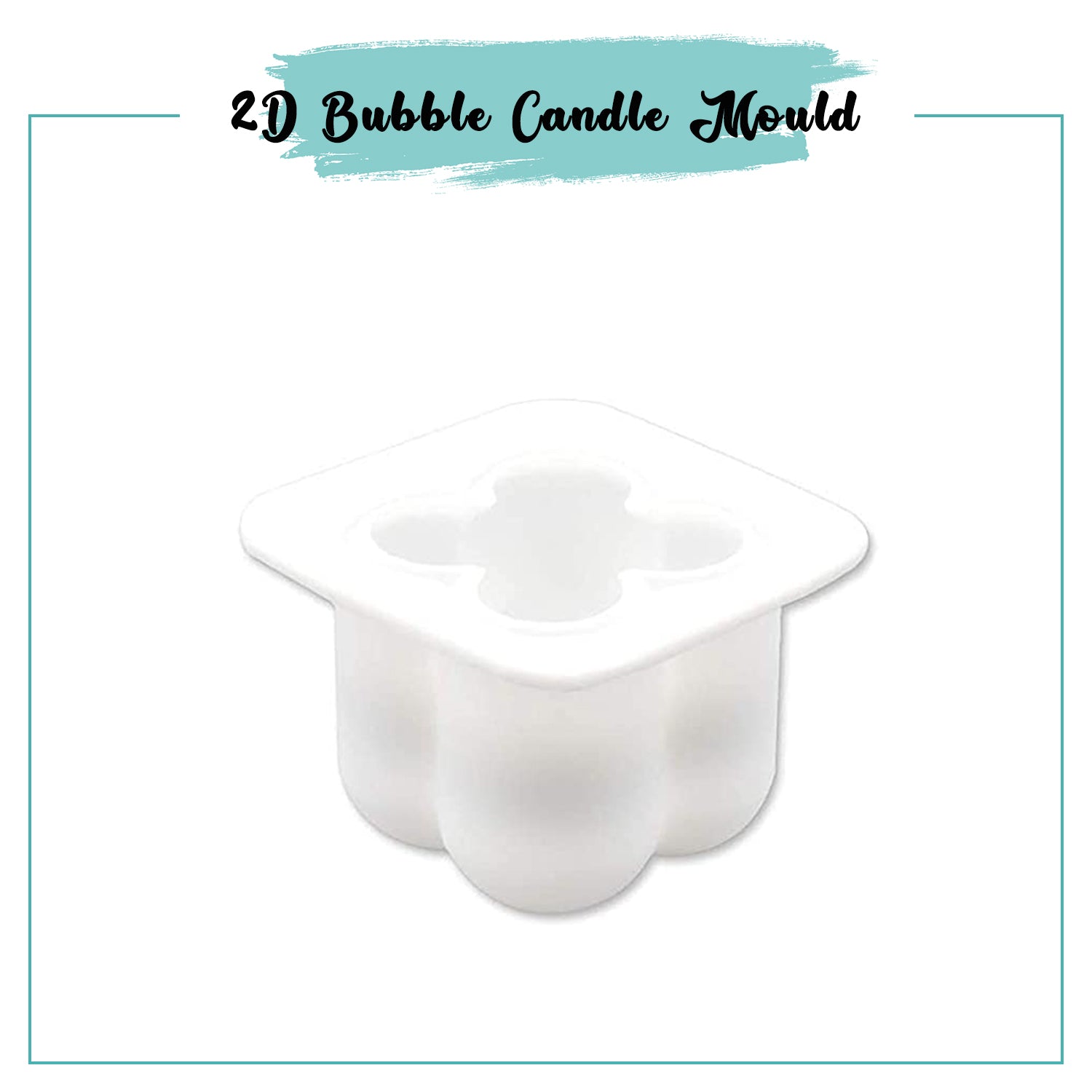


 Sign in
Sign in Register now
Register now My Reward Points
My Reward Points


